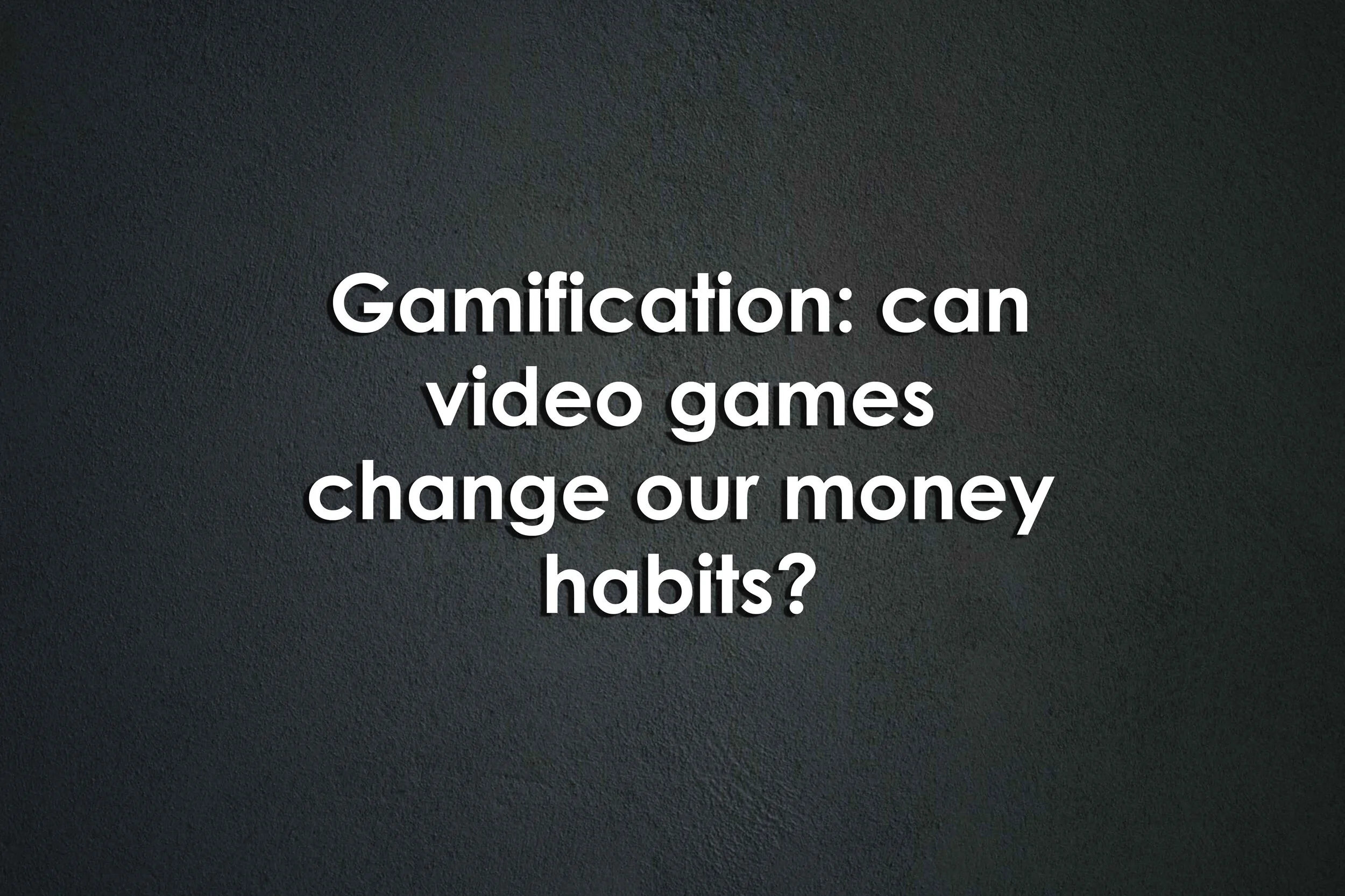Gamification: can video games change our money habits?
Gamification: can video games change our money habits?
Gamification: can video games change our money habits?
By Stephen Johnson
August 3, 2021
Summary
In 2020, video games generated more than $179 billion in revenue, making the industry more valuable than sports and movies combined.
A 2021 report from Limelight Network found that gamers worldwide spend an average of 8 hours and 27 minutes per week playing video games.
It's not necessarily bad that Americans spend millions of dollars and hours on video games.
What if we could infuse the instant gratification of video games into our long-term financial habits? In other words, what if finance looked less like an Excel spreadsheet and more like your favorite video game?
In simple terms, gamification takes the motivating power of video games and applies it to other areas of life.
Young gamer playing a video game wearing headphones.
"In my view, any app that helps you be a more effective saver is probably a good app. But I think we have to do a lot more work to really understand the underlying neuroscience of gamification. And so we need to continue to design games that teach you more about how to 'level up in life,' not just level up in the game."
Reference
Johnson, S. (2021, August 3). Gamification: Can video games change our money habits? Retrieved October 14, 2021, from https://bigthink.com/neuropsych/gamification/


